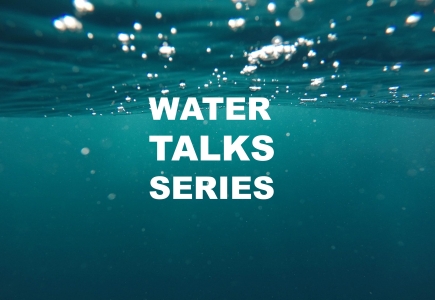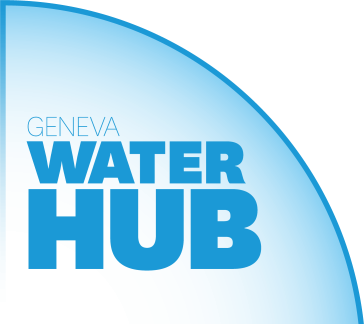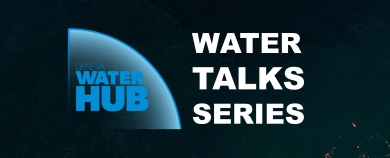
Water Talks Series n°4 - Dr. F. Farinosi

The Geneva Water Hub is proud to present the 4th edition of the "Water Talk Series". This series is an open-speech opportunity for researchers to expose and explain their ideas, their stances on contemporary challenges linked to water governance. The presentations, are in English or in French, short and impactful.
Fabio Farinosi is scientific officer at the EC Joint Research Center in charge of research on socioeconomic and bio-physical dynamics in water related issues. He holds a PhD in science and management of climate change and a MSc in environmental economics. He worked extensively on the assessment of the impacts of deforestation and climate change on water resources in the Amazon, with focus on the consequences for agriculture and hydropower generation in Brazil. Prior to this, he worked as researcher in environmental economics, natural resource management, and disaster risk reduction at research institutions in Europe and Asia. His research interest is focused on the understanding of the physical and socioeconomic processes involved in the water dynamics at regional and basin level, and the consequent implications for an efficient and effective water resources management.
The use of hydro-political data beyond the transboundary concept.
Competition over limited water resources is one of the main concerns for the next future. The use of hydro-political data allowed in the past two decades to better understand the dynamics that push countries sharing the same watershed towards more cooperative or confrontational transboundary water issues. In this talk, he will explore the possibility to use transboundary hydro-political data to analyze the factors that are more relevant to determine water related management issues independently from their consequences in terms of cooperative or confrontational dynamics. The outcomes of the conducted assessment will then be used to analyze the distribution of hydro-political risk beyond the transboundary scale, with the possibility to identify water management hotspots in the areas where knowledge about water dynamics is limited or not available.




